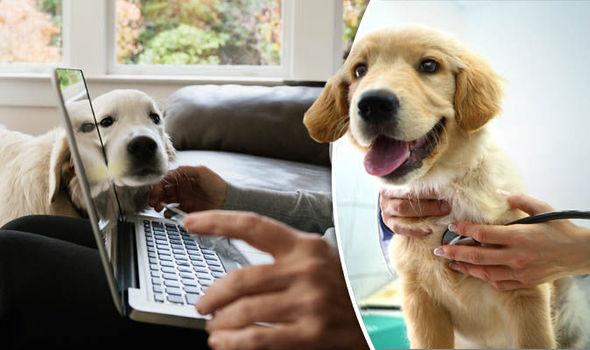
Upset stomachs are far from rare for dogs. There are lots of different causes – from eating too much or too quickly, eating foods that are toxic to dogs, or even a simple change of dog food – but they all have similar results, and if you find dealing with a vomiting dog too often, then you need to know what to do! Today we’re here to help.
What to Do First
The most important thing to do right away is to check on your dog. While most instances of upset stomachs are non-serious and vomiting or diarrhea is quick to pass, sometimes it can be an indicator that something is seriously wrong, so do check on your dog. Are they as energetic as usual? Have they eaten their last meal? Is there any evidence that they’re in pain or injured?
If they’re behaving as normal then you likely have nothing to worry about and can move onto the second stage:
Clean Up
It’s important to clean up thoroughly after your dog has been sick or suffered an attack of diarrhea. It’s not just a matter of hygiene, or because the smell is unpleasant. If you leave a lingering odour, then it suggests to your dog that’s an appropriate place to return to the next time it needs the toilet. If you don’t want that association to form (and to avoid stains) you need to clean up as quickly and thoroughly as possible.
Many pet owners favour an enzyme based cleaner to accomplish. These products use enzymes to break down the chains of chemicals that cause stains and odours so your dog doesn’t find its way back to the scene of the crime for a repeat performance. This is even more important when you’re housetraining a puppy and need to nip bad habits in the bud.
While it might not be pleasant, this process of cleaning is another chance for a health check on your dog. If there’s anything unusual in the vomit or stool – such as blood – this is another indicator that something serious could be wrong, so it’s well worth checking.
Continued Care
If your dog has only been sick once, or experienced one instance of diarrhea and they seem otherwise unaffected by the experience, there’s little you need worry about in terms of caring for them. If they continue to experience sickness and diarrhea, then you can start to think about additional care.
If your dog is vomiting and suffering diarrhea, then one of the risks is dehydration, as fluid is leaving their system regularly and it’s harder to replenish it. Make sure lots of clean, fresh water is available for them – especially if they’re a bit low in energy and less inclined to go looking for it.
You might also try switching them to an easier to digest diet for a day or two: boiled chicken breast or white fish with rice can often help in times when your dog is finding it difficult to hold down their usual food.
If they don’t recover after two to three days, lose their appetite altogether or suffer other worrying symptoms, then the situation could be progressing beyond your ability to care for it at home and it’s time to call the vet and get some professional help.








